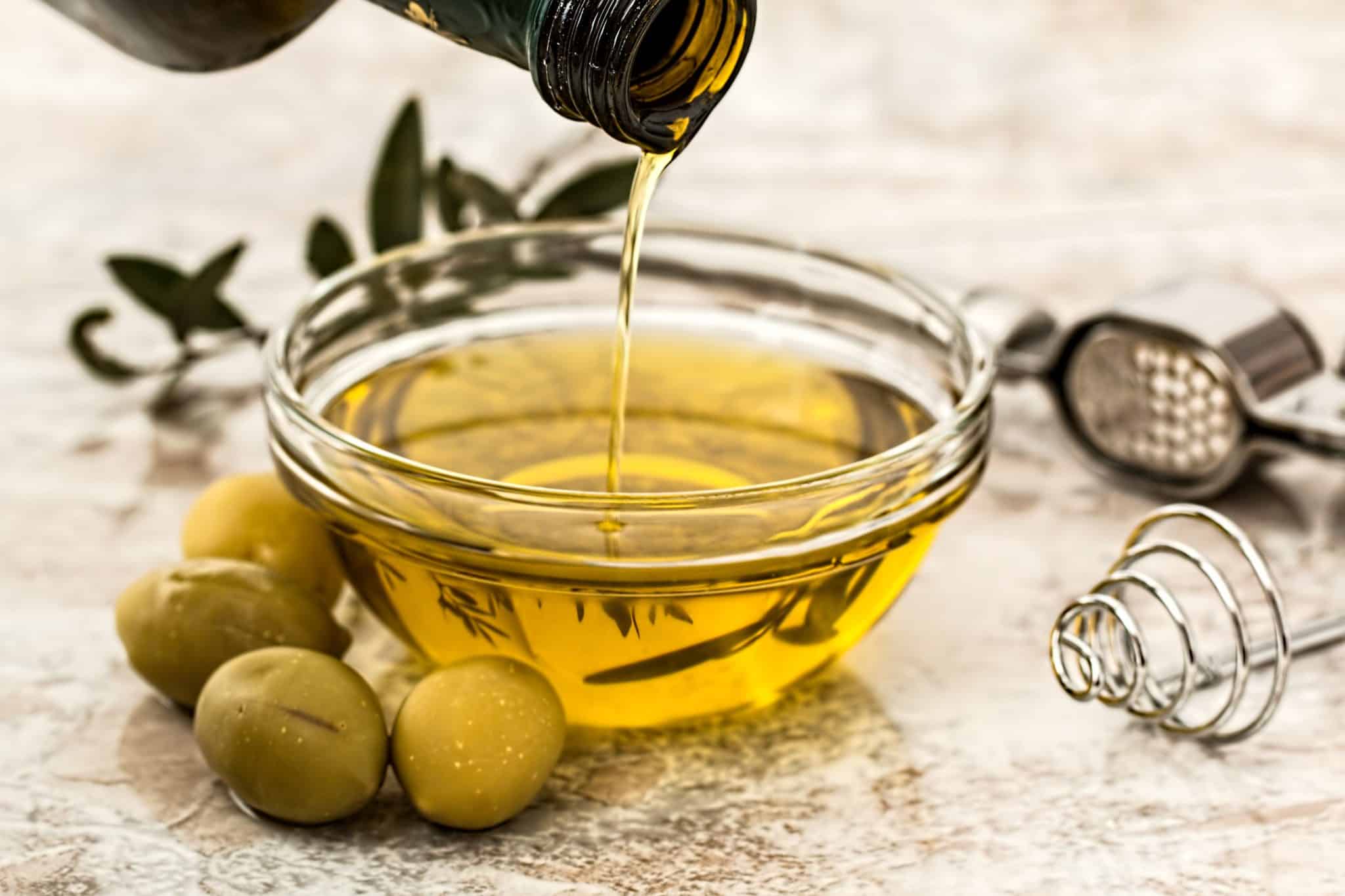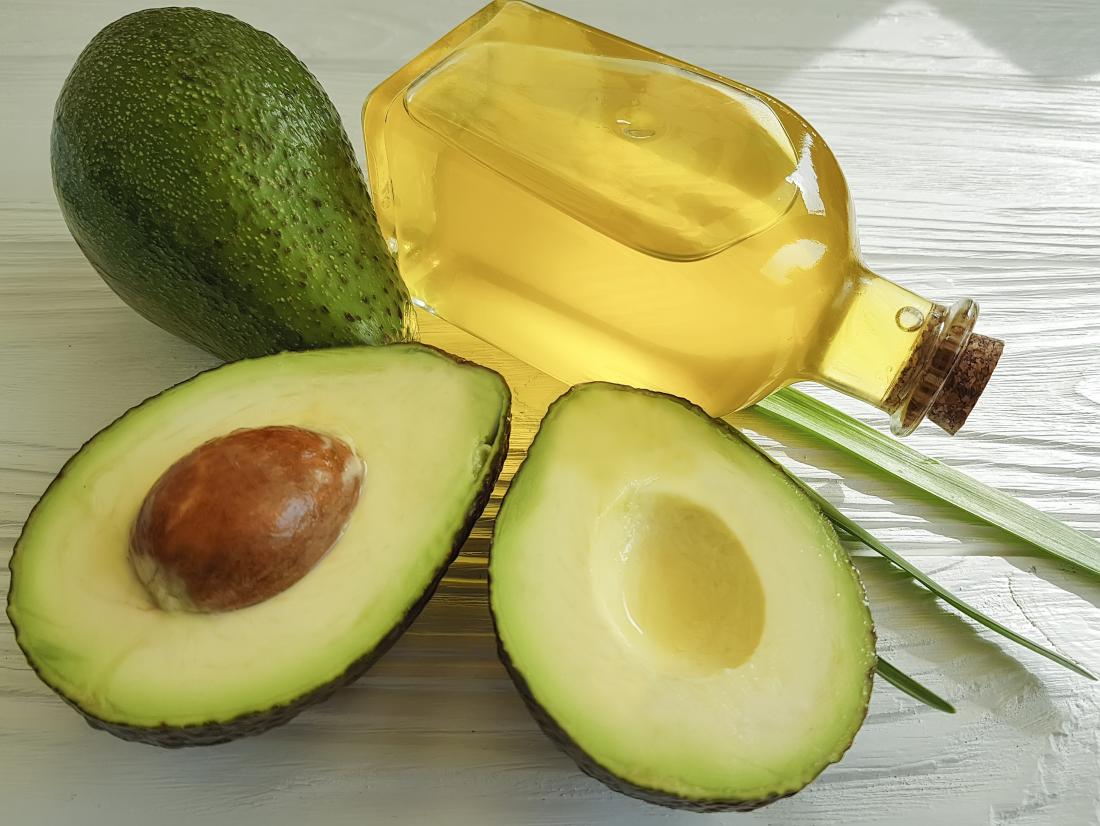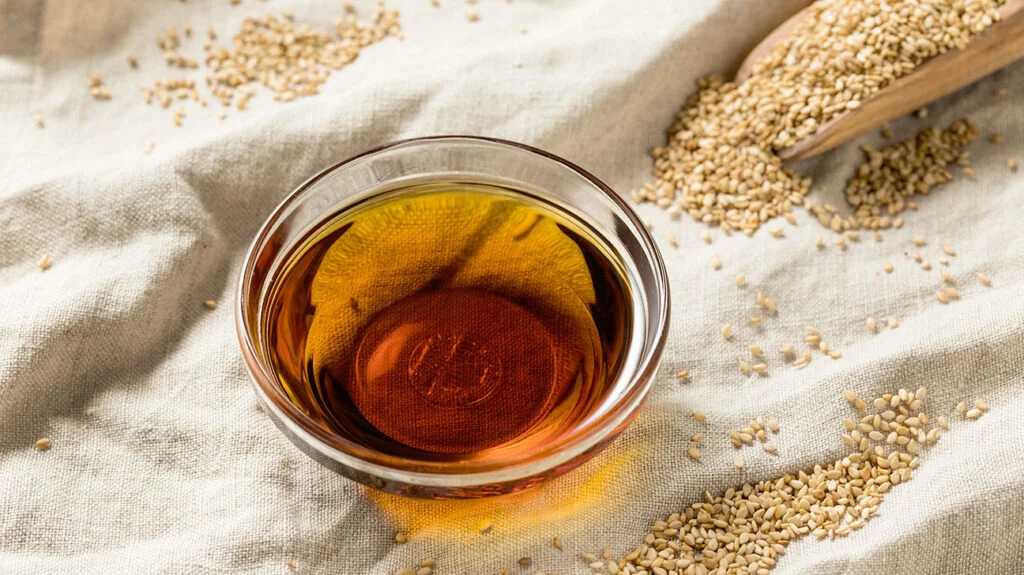As consumers become increasingly health-conscious, the shift toward better dietary choices has never been more pronounced. With 77% of Americans wanting to have a healthier diet and the global health and wellness food market expected to reach $1.6 trillion by 2030. As the results, the plant-based oils market alone is projected to grow from $31.2 billion in 2024 to $62.5 billion by 2033.
1. Understanding Healthy Oils and Fats: The Science Behind Better Choices
Not all fats are created equal. Modern nutrition science has moved far beyond the low-fat era of the 1990s, recognizing that the type of fat matters more than the total amount. Healthy fats fall into two main categories:
Monounsaturated Fats (MUFAs) contain one carbon double bond and are typically liquid at room temperature. These fats can help reduce LDL (bad) cholesterol while maintaining HDL (good) cholesterol, supporting heart health and reducing inflammation.
Polyunsaturated Fats (PUFAs) contain multiple carbon double bonds and include essential omega-3 and omega-6 fatty acids. Omega-3s are particularly beneficial for heart health, brain function, and reducing inflammation, while proper omega-6 balance supports overall cellular function.
2. Top Healthy Oils for Optimal Nutrition
Extra Virgin Olive Oil: The Mediterranean Gold Standard
Extra virgin olive oil consistently ranks as the healthiest all-around cooking oil. Rich in monounsaturated fats (primarily oleic acid) and powerful antioxidants, olive oil offers multiple health benefits:
- Heart Health: Studies show olive oil consumption is associated with reduced risk of heart disease and stroke
- Anti-inflammatory Properties: Contains oleocanthal and oleuropein compounds that help reduce inflammation
- Antioxidant Protection: Provides vitamin E and polyphenols that combat cellular damage
- Versatile Usage: Suitable for cooking temperatures up to 375°F (191°C) and excellent for dressings.

Avocado Oil: The High-Heat Champion
Avocado oil has gained significant popularity due to its exceptional smoke point of 520°F (271°C) and impressive nutritional profile:
- Heart-Healthy Composition: Contains 70% oleic acid (monounsaturated fat) supporting cardiovascular health
- Nutrient Absorption: Enhances absorption of fat-soluble vitamins A, D, E, and K
- Eye Health Support: Rich in lutein, an antioxidant crucial for vision health
- Neutral Flavor: Works well in both sweet and savory applications without overpowering dishes

Sesame Oil: The Antioxidant Powerhouse
Sesame oil brings unique health benefits through its rich antioxidant profile:
- Blood Sugar Management: Studies show 90-day sesame oil consumption significantly improved fasting blood sugar in type 2 diabetes patients
- Neuroprotective Effects: Contains sesamol and sesaminol with potential benefits against neurological diseases
- Medium-High Smoke Point: Suitable for sautéing and stir-frying at temperatures up to 410°F (210°C)

Safflower Oil: The Heart-Healthy Alternative
High-oleic safflower oil offers excellent nutritional benefits:
- Cardiovascular Support: High oleic safflower oil may help reduce coronary heart disease risk
- Weight Management: Studies suggest potential benefits for reducing waist circumference and improving insulin sensitivity
- High Smoke Point: Excellent for high-heat cooking at 510°F (265°C)
- Low Saturated Fat: Contains just 1 gram of saturated fat per tablespoon

3. Practical Guidelines for Healthy Oil Selection
Cooking Method Considerations
High-Heat Cooking (Above 400°F): Choose avocado oil, refined olive oil, or high-oleic safflower oil for their stability at high temperatures.
Medium-Heat Cooking (300-400°F): Extra virgin olive oil, sesame oil, and canola oil work well for sautéing and baking.
Cold Applications: Use extra virgin olive oil, walnut oil, or flaxseed oil for dressings and finishing dishes to preserve delicate nutrients.
Storage and Quality Tips
- Proper Storage: Keep oils in cool, dark places in opaque containers to prevent oxidation
- Freshness Monitoring: Replace oils that smell rancid or “off,” typically within 30-60 days after opening
- Quality Selection: Choose cold-pressed, unrefined options when possible for maximum nutritional benefits
Balanced Approach
Variety is Key: Incorporate different healthy oils to benefit from various fatty acid profiles and antioxidants.
Moderation Matters: Even healthy oils are calorie-dense at 9 calories per gram. Keep total fat intake between 25-35% of daily calories.
Whole Food Sources: Include nuts, seeds, avocados, and fatty fish for natural sources of healthy fats alongside cooking oils.
About us
Try it for yourself. Freshdi.com
Global Agri B2B Marketplace.


